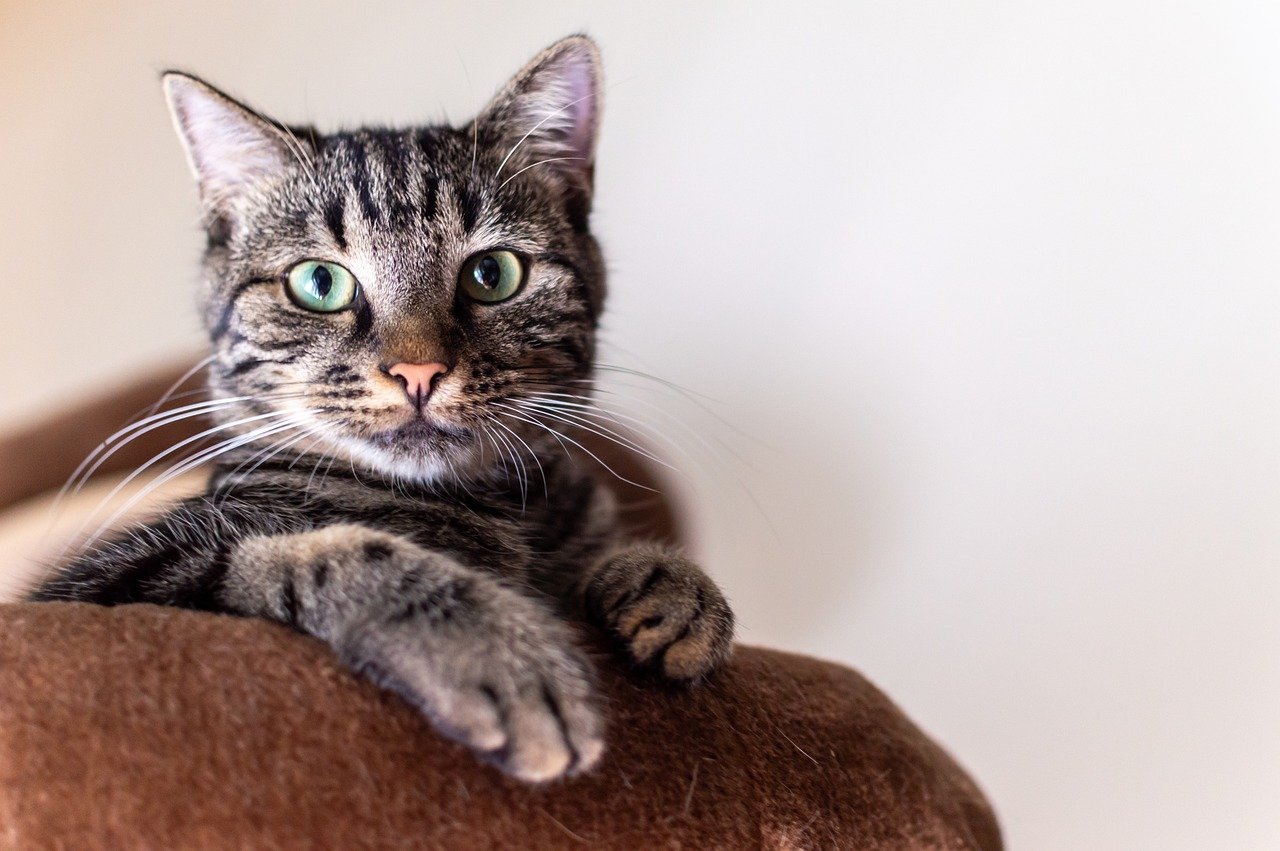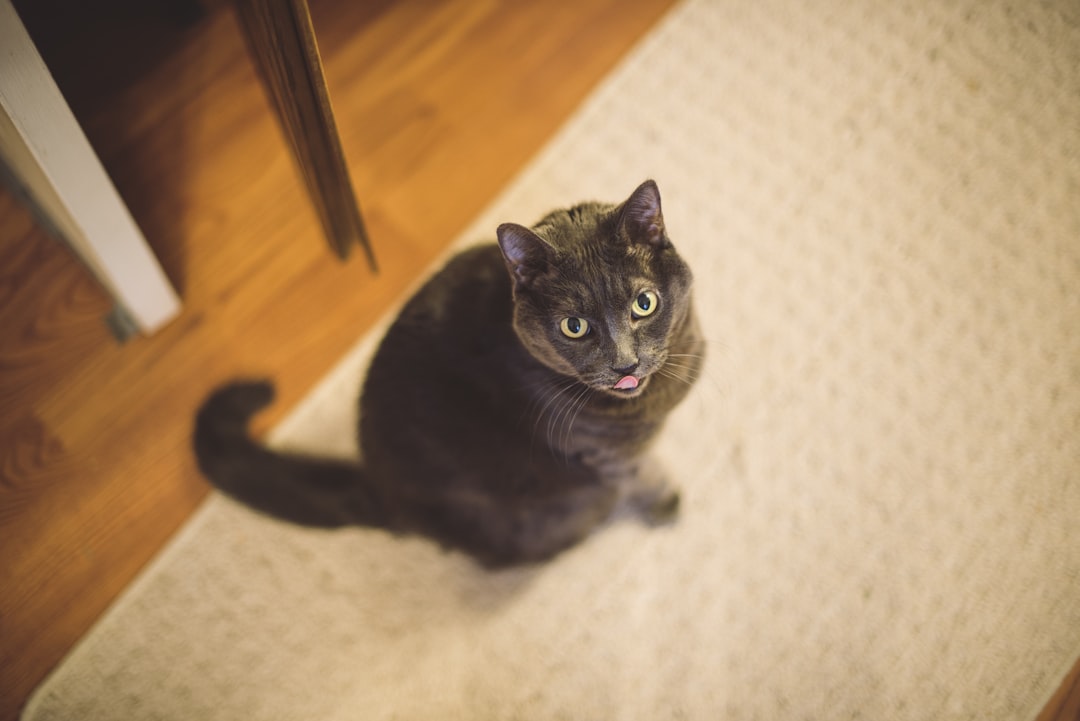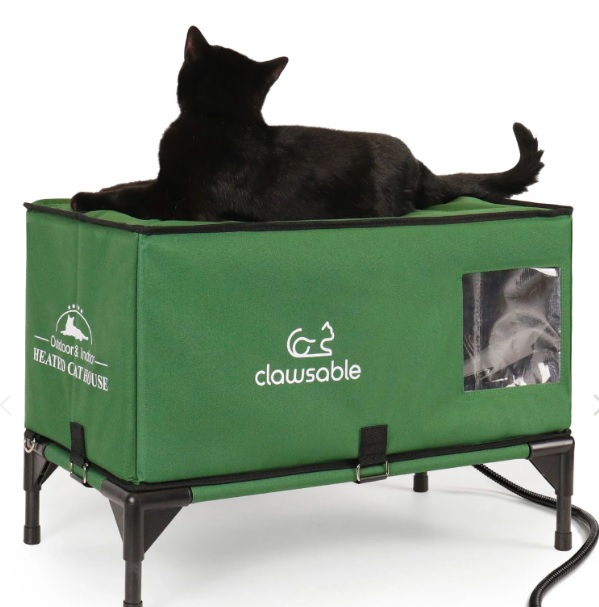Curly haired cats are a captivating and unique breed that brings charm and personality to any home. With their distinctive fur and playful nature, these cats require specialized care to thrive. Understanding their grooming needs, dietary requirements, and health concerns is essential for any prospective owner. Additionally, learning about their socialization and behavioral traits can help create a harmonious environment for your curly haired cat. This guide will delve into the fascinating features and care requirements of this playful breed, ensuring you are well-equipped to provide the best for your furry companion.
Understanding the Curly Haired Cat Breed
The curly haired cat breed has captured the hearts of many cat enthusiasts with its unique appearance and playful demeanor. At the core of this breed’s charm are its distinctive features and gentle nature.
Key Characteristics:
- Curly Fur: Unlike traditional feline breeds, a curly haired cat possesses soft, velvety fur that twists into charming curls, creating a whimsical look.
- Variety of Colors: These cats come in an array of colors and patterns, adding to their appeal. From solid shades to intricate tabbies, there’s a curly haired cat for every taste.
- Medium Build: Generally, curly haired cats have a medium-sized build, with well-proportioned bodies that exhibit strength and grace.
Comparing Breeds:
| Feature | Curly Haired Cat | Traditional Cat |
|---|---|---|
| Fur Type | Curly | Straight |
| Grooming Needs | Low to Moderate | Moderate to High |
| Playfulness | High | Variable |
| Allergy Friendly | Yes (for some) | Depends on breed |
Fun Facts:
- Temperament: Known for being social and affectionate, curly haired cats thrive on interaction and enjoy the company of humans and other pets.
- Lifespan: Typically, they can live between 12 to 15 years, given proper care and attention.
Understanding the curly haired cat breed helps potential owners appreciate their unique traits and prepare for the joy of welcoming one into their homes.
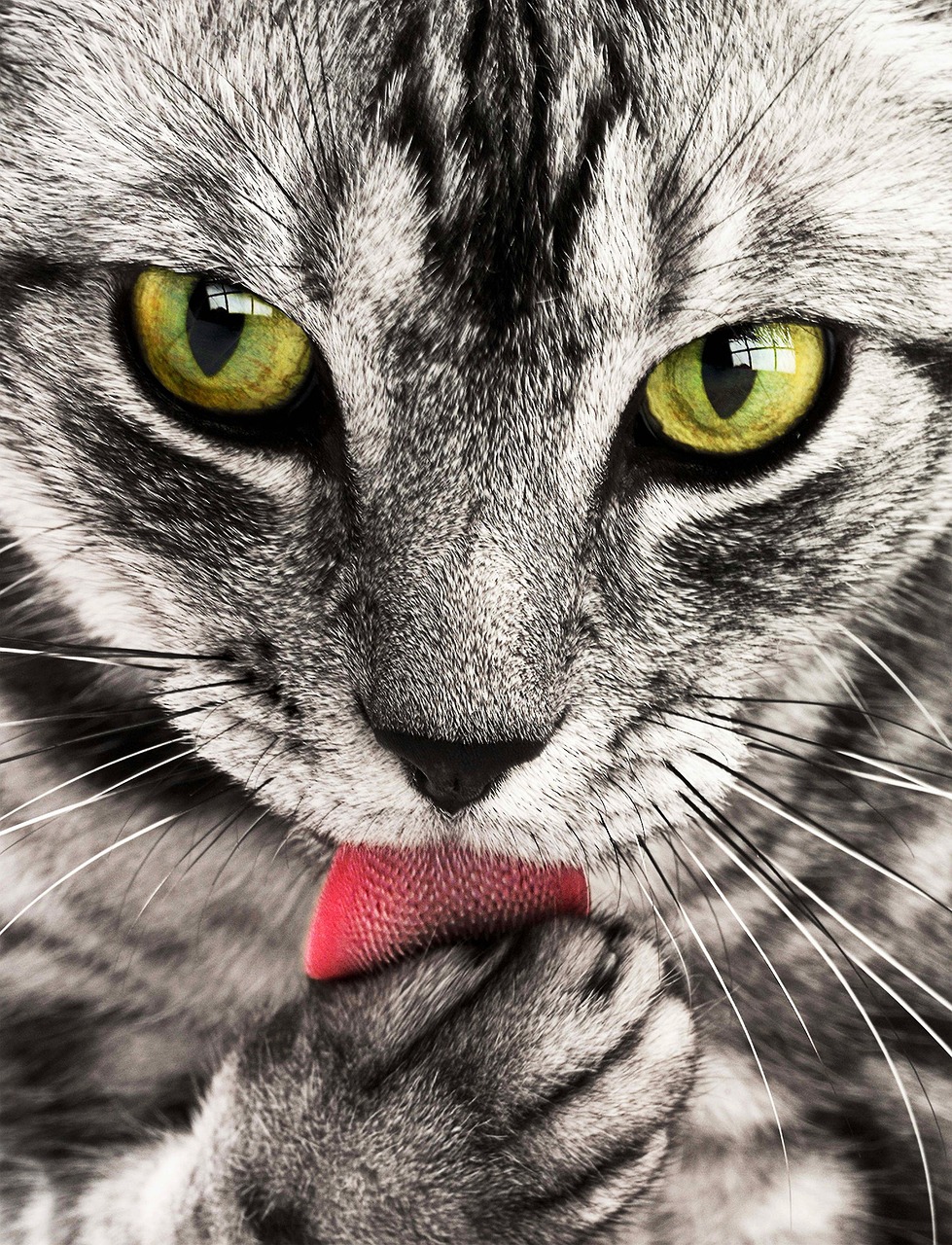
Distinct Features of Curly Haired Cats
Curly haired cats possess a variety of unique characteristics that set them apart from other breeds. These features not only enhance their physical appearance but also contribute to their overall charm. Here are some distinct traits of the curly haired cat:
Curly Fur: The most notable feature is their unique coat, which consists of soft, wavy curls. This coat is often compared to that of a poodle, providing a playful and interesting texture.
Texture Variety: Depending on the breed, the curliness can vary. Some may have tight ringlets, while others exhibit loose waves, creating a stunning visual effect.
Hypoallergenic Properties: Many curly haired cats produce lower levels of allergens, making them suitable for allergy sufferers. This feature adds to their appeal as companions for people sensitive to cat dander.
Facial Features: Typically, curly haired cats have rounded heads, large expressive eyes, and prominent cheekbones, which enhance their adorable appearance.
Size Variation: They come in various sizes, from the petite Selkirk Rex to the more robust LaPerm. This variety offers options for different living situations and owner preferences.
Comparison of Popular Curly Haired Cat Breeds
| Breed | Fur Type | Size |
|---|---|---|
| Selkirk Rex | Soft curls | Medium |
| LaPerm | Loose waves | Medium to Large |
| Cornish Rex | Tight curls | Slim |
With these distinctive features, the curly haired cat not only catches your eye but also fills your home with love and joy.
The History of Curly Haired Cats
Curly haired cats possess a unique charm and captivating history that traces back several decades. Their origins can be categorized into a few key breeds, each contributing to the curly fur’s fascinating lineage. Here’s an overview of how these delightful felines came to be:
Devon Rex: Emerging in the 1960s in Devon, England, the Devon Rex was one of the first curly haired cats. A spontaneous mutation caused its wave-like hair, which has since become a defining trait.
Cornish Rex: Similar in appearance to the Devon Rex but originating in Cornwall, England, this breed also showcases distinctively curled fur. The Cornish Rex came to prominence in the 1950s, and breeders further refined its unique coat through careful selection.
LaPerm: This breed began in the 1980s in Oregon, USA. The LaPerm cat exhibits a variety of curl patterns, from tight ringlets to loose waves. Its curly coat emerged from a spontaneous genetic mutation, similar to its counterparts.
Fascinating Facts
- Cultural Impact: These cats often appeared in various films and media, popularizing the curly haired cat among pet enthusiasts.
- Genetic Variance: Each curly haired cat breed has different genetic makeups, contributing to their unique traits and appearances.
Overall, curly haired cats reflect a blend of natural mutation and human ingenuity in selective breeding. Their diverse history adds to their lasting allure, making them beloved companions today.
Common Breeds of Curly Haired Cats
Curly haired cats come in several unique breeds, each with their own distinct characteristics. Below are some of the most popular curly haired cat breeds, along with their key features:
| Breed | Coat Type | Personality Traits | Lifespan |
|---|---|---|---|
| Cornish Rex | Short, soft curls | Playful, affectionate, agile | 10-15 years |
| Devon Rex | Short, wavy curls | Social, intelligent, mischievous | 9-15 years |
| LaPerm | Varied (short to long) | Friendly, adaptable, warm | 10-15 years |
| Selkirk Rex | Medium-length curls | Gentle, easy-going, loyal | 10-15 years |
Key Features of Common Breeds
Cornish Rex: Known for their athletic build and large ears, Cornish Rex cats have a playful nature, making them great companions.
Devon Rex: With their unique pixie-like appearance and large eyes, the Devon Rex enjoys being part of family activities and tends to be quite social.
LaPerm: The LaPerm can have a variety of coat lengths, but its signature curls make it stand out. They are affectionate and adapt well to various living conditions.
Selkirk Rex: This breed has a plush, curly coat and is known for its laid-back personality. They thrive in family environments, easily bonding with both humans and other pets.
In summary, whether you’re drawn to the fun and active Cornish Rex or the laid-back Selkirk Rex, curly haired cats offer a variety of breeds that cater to different lifestyles and personalities.
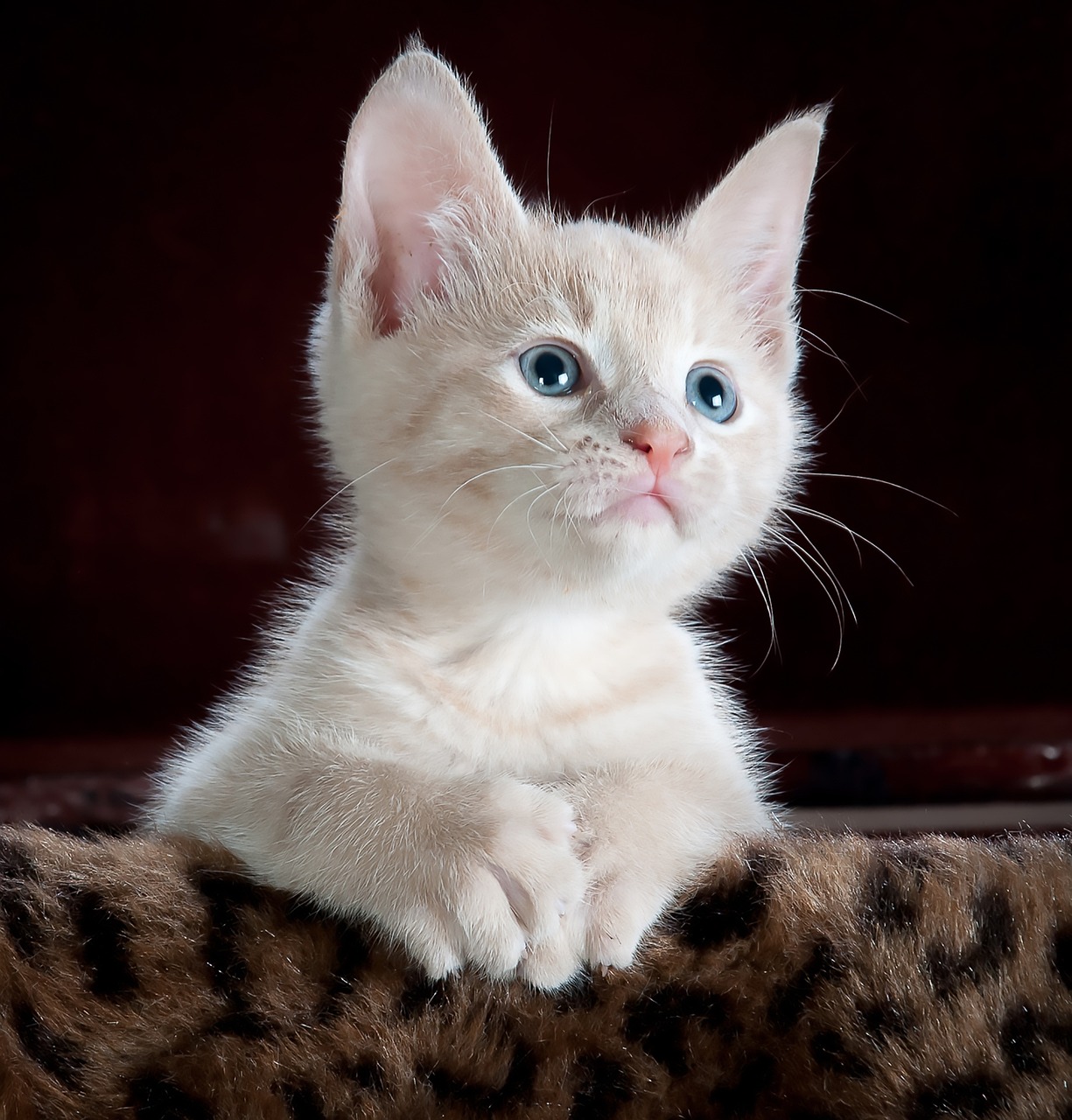
Grooming Needs for Curly Haired Cats
Grooming a curly haired cat requires attention to their unique coat and skin health. Regular grooming not only keeps their fur in top condition but also promotes a bond between you and your feline friend. Here are essential grooming tips for your curly haired companion:
Regular Brushing:
- Aim for at least once a week to avoid matting.
- Use a wide-tooth comb or a slicker brush specifically designed for curly coats.
Bathing:
- Bathe your curly haired cat every 4-6 weeks to keep their coat clean and healthy.
- Use a mild, cat-friendly shampoo to prevent skin irritation.
Drying:
- After bathing, thoroughly dry your cat with a towel.
- Avoid using a high heat blow dryer; instead, opt for a low setting or let them air dry.
Nail Trimming:
- Trim your cat’s nails every 2-4 weeks to prevent overgrowth and injury.
- Use cat nail clippers or a grinder for precision.
Ear Cleaning:
- Check their ears weekly for wax buildup or dirt.
- Use a soft cotton ball with a vet-approved cleanser to gently wipe the outer ear.
By following these grooming practices, you’ll keep your curly haired cat looking fabulous while contributing to their overall well-being. Remember, grooming can also be a calming ritual, enhancing your pet’s comfort and affection towards you.
Dietary Requirements of Curly Haired Cats
Caring for a Curly haired cat involves more than just regular grooming; ensuring they receive a balanced diet is essential for their overall health. These unique cats require a well-planned diet tailored to their needs. Here’s what to consider:
High-Quality Protein: Like most cats, curly haired cats thrive on protein-rich diets. Look for high-quality meat such as chicken, turkey, or fish as the first ingredient in their food.
Fat Content: Healthy fats, like omega-3 and omega-6 fatty acids, promote a healthy coat and skin. A diet rich in these fats can enhance the curly texture of their fur.
Caloric Intake: Maintaining an appropriate calorie count is crucial. Active curly haired cats may require more calories compared to less active ones. Consult your vet for specific recommendations based on weight and activity level.
Hydration: Fresh water should always be available. Some cats prefer wet food, which can help maintain hydration.
Comparison Table of Dietary Elements
| Dietary Element | Importance |
|---|---|
| High-Quality Protein | Essential for muscle maintenance and energy levels |
| Healthy Fats | Supports coat health and skin condition |
| Balanced Carbohydrates | Provides energy, but should be less than protein |
| Vitamins & Minerals | Aids in overall well-being and immune function |
In summary, understanding the dietary requirements of a curly haired cat is vital in promoting their health. Prioritize high-quality ingredients while also considering their specific needs to keep your furry friend happy and thriving.
Health Concerns Specific to Curly Haired Cats
Curly haired cats possess a unique appearance due to their distinct coat, but this also comes with specific health concerns that prospective owners should be aware of. Here are some common health issues related to this fascinating breed:
Genetic Conditions: Some curly haired cats, like the Selkirk Rex, face genetic conditions that can lead to health complications. Regular vet check-ups are crucial for early detection.
Skin Sensitivity: The texture of their fur can make curly haired cats more susceptible to skin issues. Pay attention to any irritations or changes in their skin condition.
Hypothermia Risk: Due to their curly fur, some breeds might not regulate their body temperature effectively. Ensure they have a warm, draft-free environment, especially during colder months.
Dental Problems: Like many cat breeds, curly haired cats can suffer from dental issues. Daily dental care, including brushing, can help maintain their oral hygiene.
Obesity: Regular exercise is vital to prevent obesity. Curly haired cats can become less active due to their coat, so engage them with interactive play.
Comparison of Health Concerns
| Health Concern | Curly Haired Cats | Other Breeds |
|---|---|---|
| Genetic Conditions | Moderate | Varies |
| Skin Sensitivity | High | Moderate |
| Hypothermia Risk | High | Low (varies) |
| Dental Problems | Moderate | High |
| Obesity Potential | High | Moderate |
In conclusion, being aware of these health concerns will enable you to provide the best care for your curly haired cat, ensuring they lead a happy, healthy life.
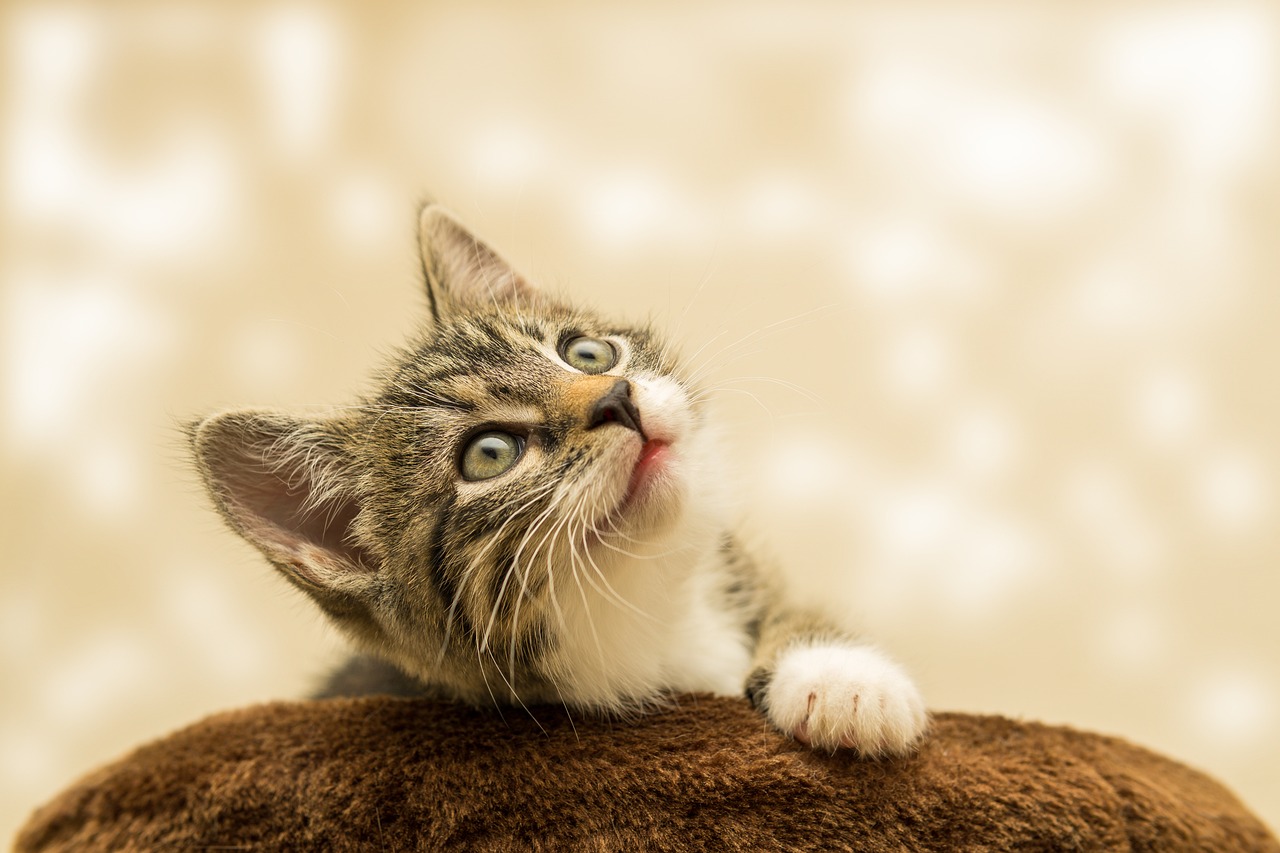
Socialization and Behavioral Traits
Socialization is crucial for a Curly haired cat to thrive in a household environment. When these affectionate felines receive proper socialization from a young age, they develop into friendly and adaptable companions. Here are key traits and tips about the socialization process:
Affectionate Nature: Curly haired cats are known for their loving disposition. They often seek human interaction, making them wonderful lap companions.
Playfulness: This breed tends to retain a kitten-like playfulness into adulthood. Engaging them with toys helps channel their energy and strengthens your bond.
Curiosity: Their inquisitive nature often leads them to explore their surroundings. Provide a safe, stimulating environment for them to satisfy their curiosity.
Socialization Tips:
- Early Exposure: Introduce your Curly haired cat to various people, animals, and environments as early as possible.
- Positive Reinforcement: Use treats and praise to encourage good behavior during social interactions.
- Routine: Establish a consistent routine for feeding, play, and interaction to help them feel secure.
Behavioral Traits Comparison:
| Trait | Curly Haired Cat | Other Cat Breeds |
|---|---|---|
| Affectionate | High | Varies |
| Playfulness | Medium | High |
| Independence | Low | High |
| Curiosity | High | Medium |
Understanding these aspects of a Curly haired cat’s socialization will enhance your relationship, ensuring a harmonious and enriching life together.
Creating a Comfortable Environment for Curly Haired Cats
To ensure your curly haired cat thrives, creating a cozy, stimulating environment is essential. Here are key elements to consider:
Space
- Safe Retreat: Designate a quiet area where your curly haired cat can retreat when feeling overwhelmed. This space should have a soft bed and be away from loud activities.
- Vertical Spaces: Cats love to climb. Incorporate cat trees or shelves to provide elevated spaces for your curly haired cat to explore and lounge.
Litter Box Setup
- Accessibility: Ensure the litter box is easily accessible. Keep it clean and provide at least one box per cat to prevent territorial disputes.
- Type of Litter: Curly haired cats often prefer unscented clumping litter, which is easier to manage and more comfortable for their sensitive paws.
Toys and Enrichment
- Interactive Toys: Engage your curly haired cat with interactive toys to stimulate their hunting instincts.
- Rotation: Regularly rotate toys to keep your cat curious and entertained.
Temperature Control
- Comfortable Climate: Maintain a comfortable temperature; curly haired cats may be more sensitive to extreme heat and cold.
- Sunshine Spots: Allow access to sunny spots where your cat can bask. Ensure they have the option to cool off in shaded areas as well.
By creating a cozy, engaging environment filled with thoughtful elements, you enhance the well-being of your curly haired cat, allowing them to flourish in your home.
Tips for New Curly Haired Cat Owners
Welcoming a curly haired cat into your home can be an exciting experience! Here are some essential tips to ensure a smooth transition for both you and your new feline friend:
Understand Their Grooming Needs
- Regular combing is crucial to keep their curls healthy and untangled. Use a wide-toothed comb or specific tools designed for curly-haired pets.
Create a Safe Space
- Provide a quiet, cozy area with a comfortable bed where your cat can retreat when they need solitude.
Socialization
- Introduce your curly haired cat to family members gradually. Allow them to explore their new environment at their own pace.
Interactive Playtime
- Engage in daily play sessions using toys that stimulate their natural hunting instincts, such as feather wands or laser pointers.
Regular Vet Visits
- Schedule routine health check-ups to monitor your cat’s condition and vaccinations.
Nutritional Needs
- Choose high-quality cat food rich in protein to support their energy levels, reflecting their playful nature.
Hydration
- Ensure fresh water is always available. Cats can be picky drinkers, so consider a cat water fountain to encourage hydration.
By following these tips, new curly haired cat owners can create a loving and fulfilling environment that nurtures their pet’s unique characteristics and needs. Remember, patience and understanding go a long way in building a strong bond!
Frequently Asked Questions
What are the distinctive features of curly-haired cats?
Curly-haired cats are unique due to their soft, wavy fur that resembles loosely curled locks. Breeds like the LaPerm and Cornish Rex exhibit this trait prominently. Their hair is less dense than that of traditional cats, which contributes to a lighter appearance. Additionally, these cats often have distinctive features such as large, expressive eyes and an athletic build, making them not only visually striking but also versatile and playful companions.
How should I groom a curly-haired cat?
Grooming a curly-haired cat is essential to maintaining its coat’s health and appearance. It’s important to use a gentle brush specifically designed for curly fur, as traditional brushes may damage their unique texture. Regular grooming helps prevent matting and tangles. Ideally, you should brush them at least once a week, focusing on areas behind the ears and under the arms. Additionally, regular bathing, with a cat-safe shampoo, can help keep their coat clean and healthy.
What are the common health issues associated with curly-haired cats?
Curly-haired cats, while generally healthy, can be prone to specific genetic health issues. For instance, the Cornish Rex may experience skin sensitivity due to their short hair, while LaPerms can sometimes face problems related to their curly genes, such as hearing issues. Regular veterinary check-ups are crucial to monitor their health, address any potential genetic concerns early, and ensure a long, healthy life for your furry friend.
What is the ideal diet for a curly-haired cat?
A balanced and nutritious diet is important for curly-haired cats to support their unique coat and overall health. High-quality cat food rich in protein is essential, as it promotes strong muscles and healthy fur. Additionally, considering their active nature, it’s advisable to include foods that contain omega-3 and omega-6 fatty acids, which can help maintain coat luster and skin health. Consulting with your veterinarian can help tailor the diet according to your cat’s specific needs and lifestyle.
Are curly-haired cats suitable for families with children?
Yes, curly-haired cats are often well-suited for families with children due to their playful and friendly demeanor. Breeds like the LaPerm and Cornish Rex tend to possess a lively and affectionate personality, making them great companions for kids. However, it is crucial to teach children to interact gently and respectfully with any pet. Supervision during playtime can ensure a safe environment for both the cat and the children, promoting a harmonious relationship.

